Exploring SR&ED Opportunities: Addressing Technological Uncertainties in Plastic Manufacturing
Plastic manufacturing is a dynamic industry where innovation often involves tackling complex technological uncertainties. The Scientific Research & Experimental Development (SR&ED) tax incentive program provides valuable support for companies navigating these challenges. By addressing specific uncertainties in plastic formulation and production, businesses can benefit from tax credits and funding opportunities. Here’s how SR&ED can help with some key areas of uncertainty in plastic manufacturing.
Developing New Plastic Formulations
Technological Uncertainty: Creating a plastic material with unique properties—such as enhanced durability or resistance to environmental factors—can be complex. Companies may experiment with different polymers and additives to find the optimal formulation.
SR&ED Activity: Conducting experiments to determine the ideal mix of materials, improving the plastic’s performance characteristics, and documenting these trials can qualify for SR&ED incentives.
Novel Injection Molding Techniques
Technological Uncertainty: Innovations in injection molding processes, including adjusting parameters, tool design, or material flow, can introduce uncertainties. These can impact the efficiency and quality of plastic components.
SR&ED Activity: Researching new molding techniques, testing various parameters, and resolving issues related to material flow and tool design can be supported by SR&ED.
Recycling and Sustainability Efforts
Technological Uncertainty: Advancements in recycling technologies and sustainable plastic alternatives involve significant uncertainties. This includes developing biodegradable plastics and improving recycling methods.
SR&ED Activity: Investigating new recycling techniques, experimenting with biodegradable materials, and reducing the environmental impact of production can qualify for SR&ED support.
Advanced Quality Control Systems
Technological Uncertainty: Implementing cutting-edge quality control systems, such as automated vision inspection for real-time defect detection, involves uncertainties related to system design and integration.
SR&ED Activity: Developing and testing advanced quality control technologies to ensure product integrity and performance can benefit from SR&ED credits.
Lightweighting and Material Reduction
Technological Uncertainty: Reducing the weight of plastic components while maintaining strength and durability, particularly in automotive and aerospace applications, presents challenges in material selection and manufacturing processes.
SR&ED Activity: Researching and developing lightweighting techniques, optimizing material properties, and ensuring structural integrity can be eligible for SR&ED funding.
Nanotechnology in Plastics
Technological Uncertainty: Integrating nanomaterials into plastics to enhance properties such as strength or thermal resistance involves uncertainties at the nanoscale.
SR&ED Activity: Experimenting with nanomaterials and understanding their behavior in plastic compounds can qualify for SR&ED credits.
Additive Manufacturing (3D Printing) with Plastics
Technological Uncertainty: The use of 3D printing technologies for plastics introduces uncertainties in material deposition, printing parameters, and the quality of printed parts.
SR&ED Activity: Developing new 3D printing methods, optimizing printing processes, and ensuring part quality can be supported by SR&ED incentives.
Plastics in Medical Devices
Technological Uncertainty: Developing plastic components for medical devices involves uncertainties related to biocompatibility, sterilization, and regulatory compliance.
SR&ED Activity: Researching biocompatible materials, testing sterilization methods, and meeting regulatory standards can benefit from SR&ED funding.
Work with SR&ED Tax Credit experts like Ayming Canada
Addressing these technological uncertainties in plastic manufacturing can open doors to significant SR&ED tax credits and funding opportunities. By thoroughly documenting your research and development activities, you can demonstrate the innovative work undertaken and potentially receive valuable support.
Ready to explore how SR&ED can benefit your plastic manufacturing business? Contact Ayming Canada today for expert guidance and assistance in navigating the SR&ED program. Let us help you turn your technological challenges into opportunities for growth and innovation!
Contact us today!
One of our experts will be in touch shortly.




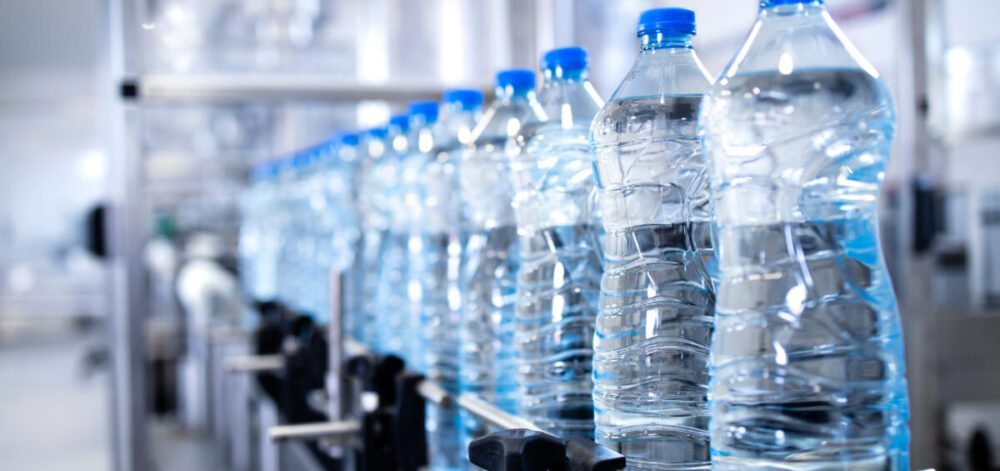
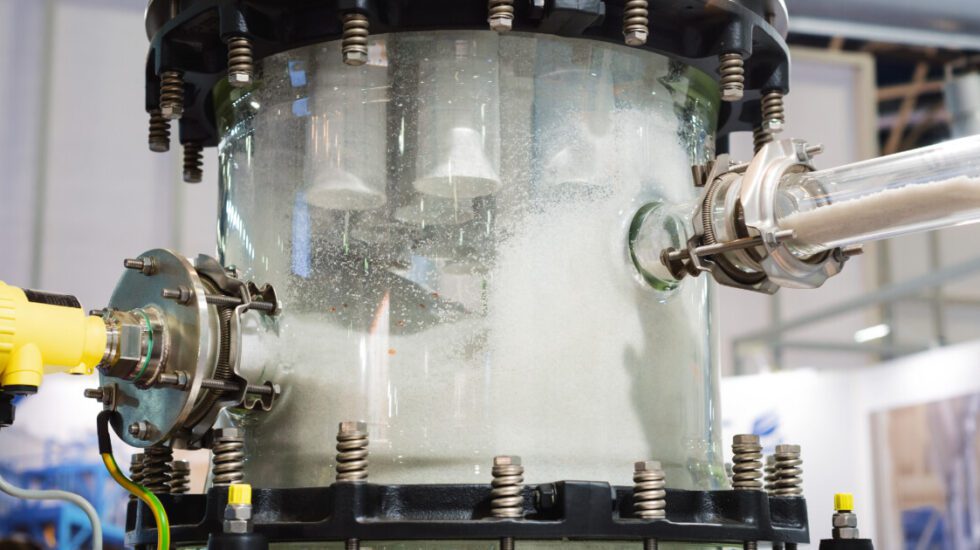
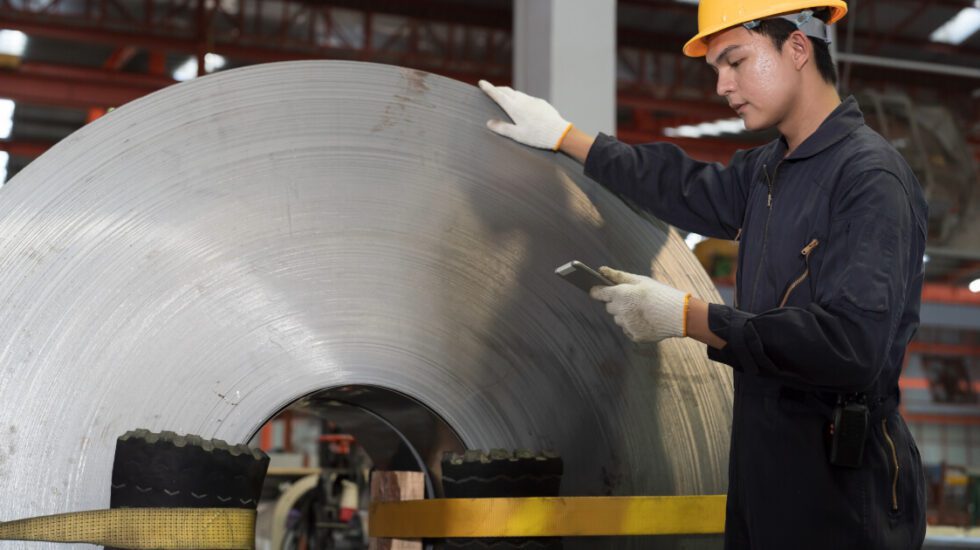





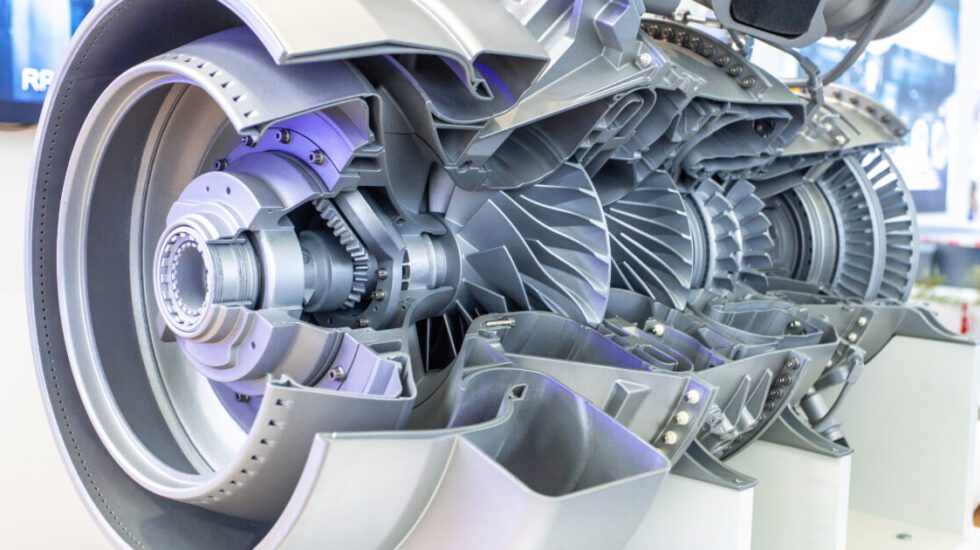
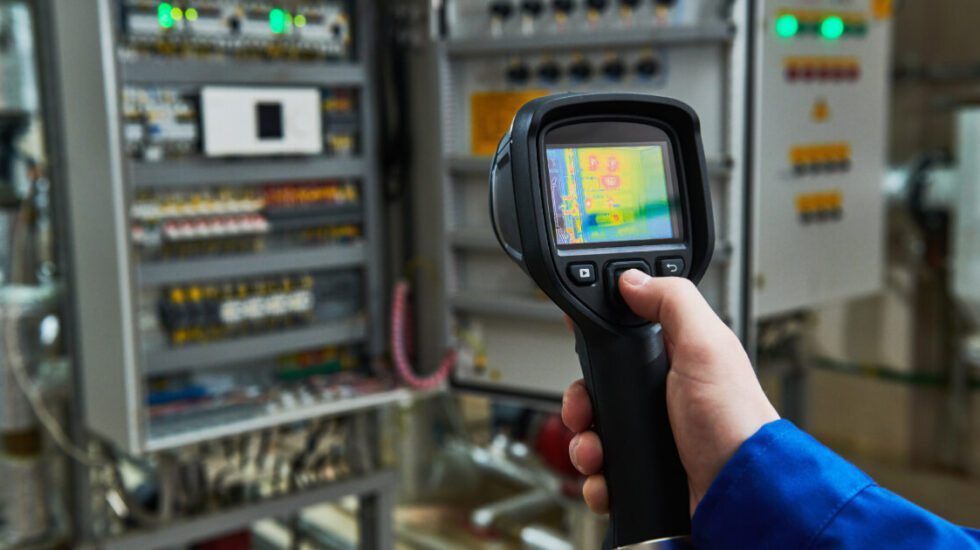
No Comments